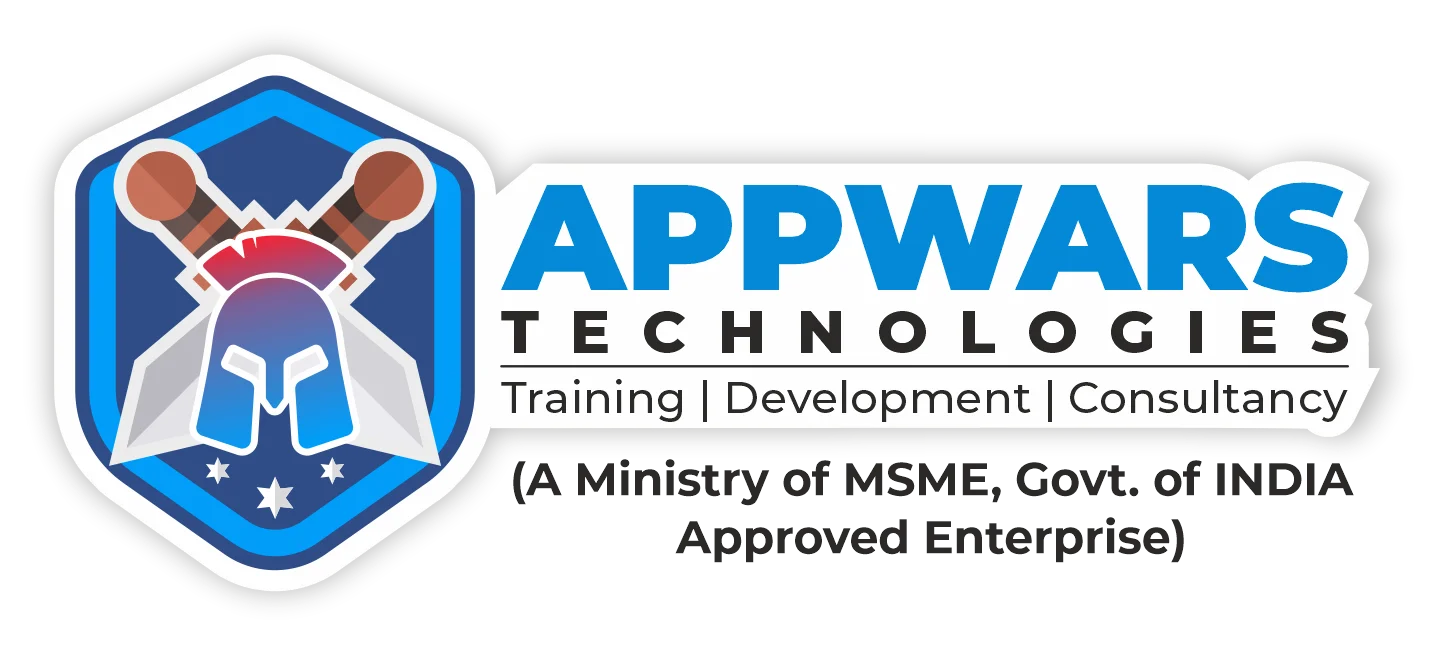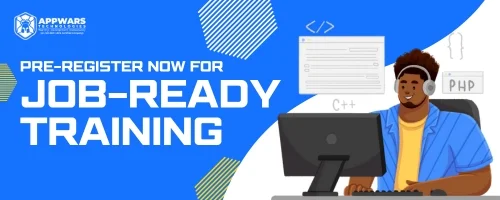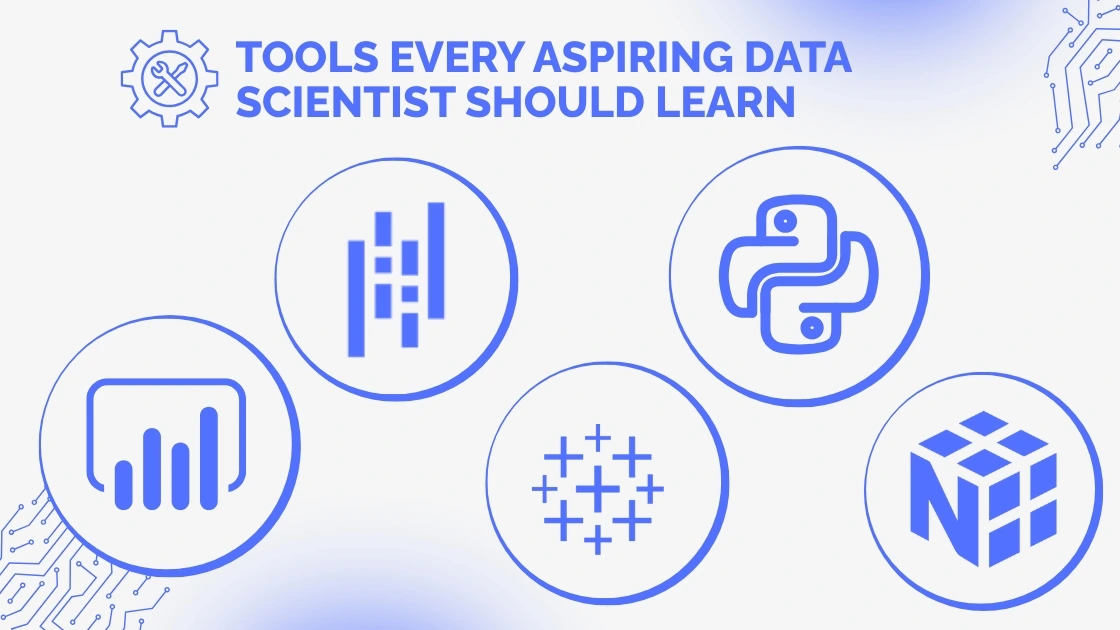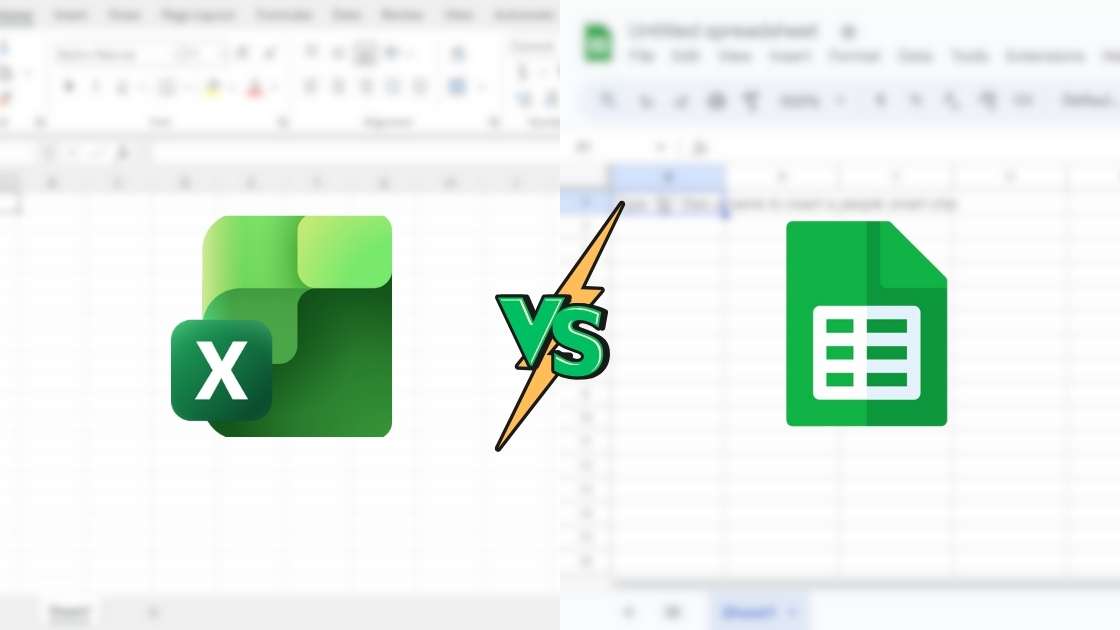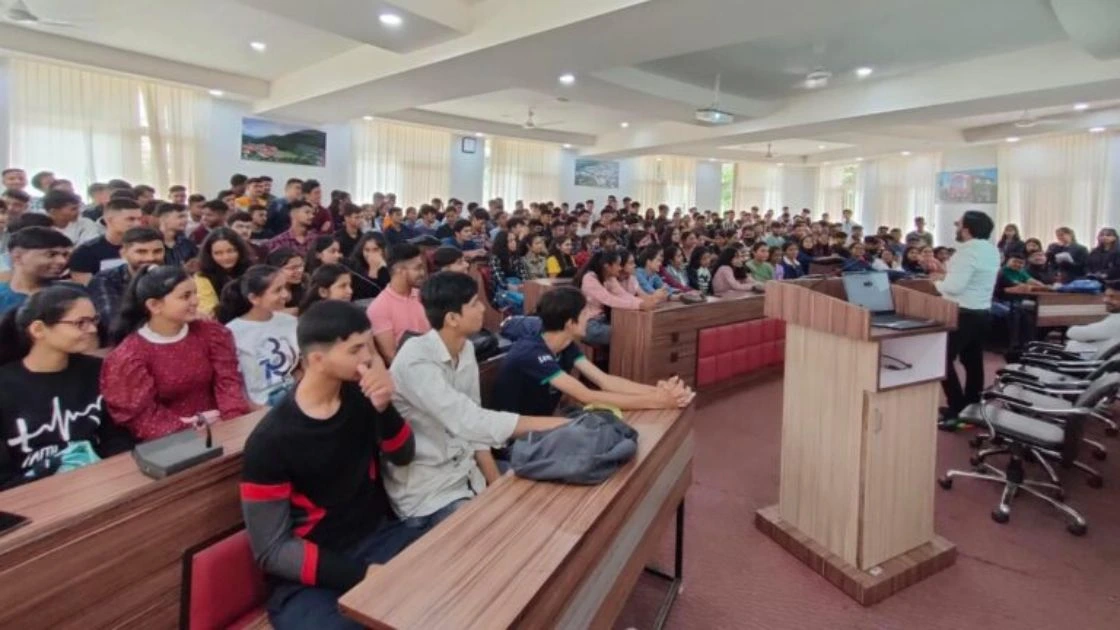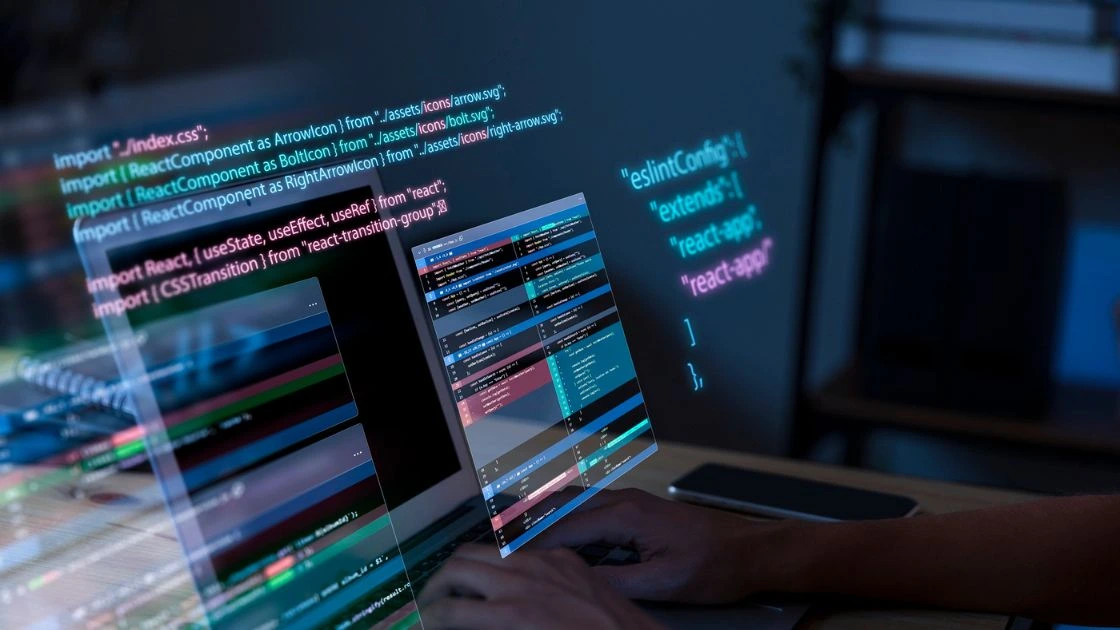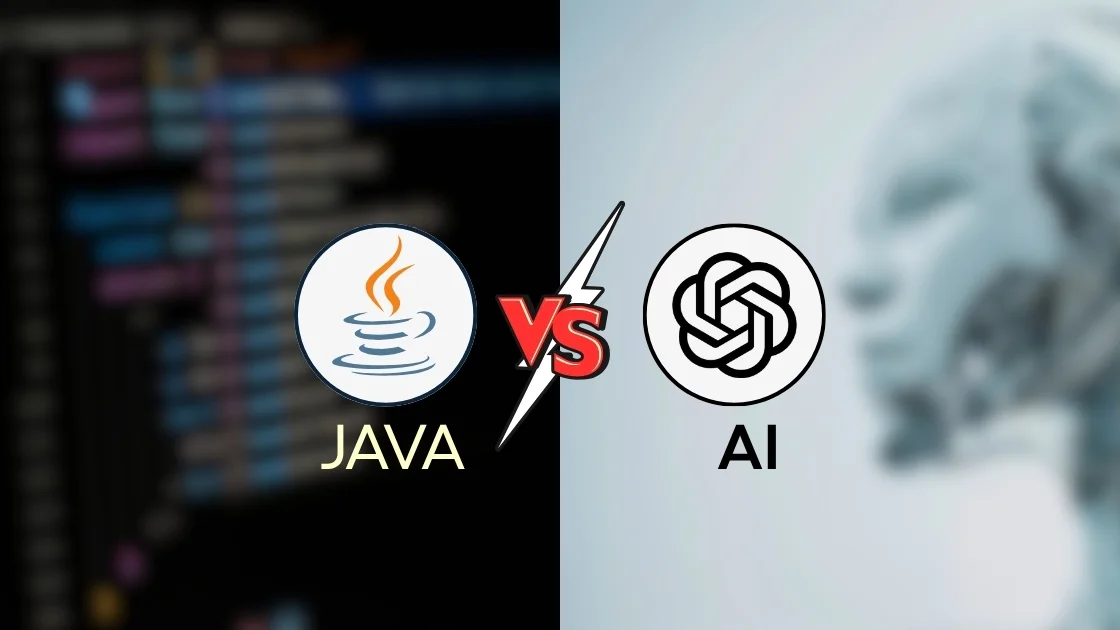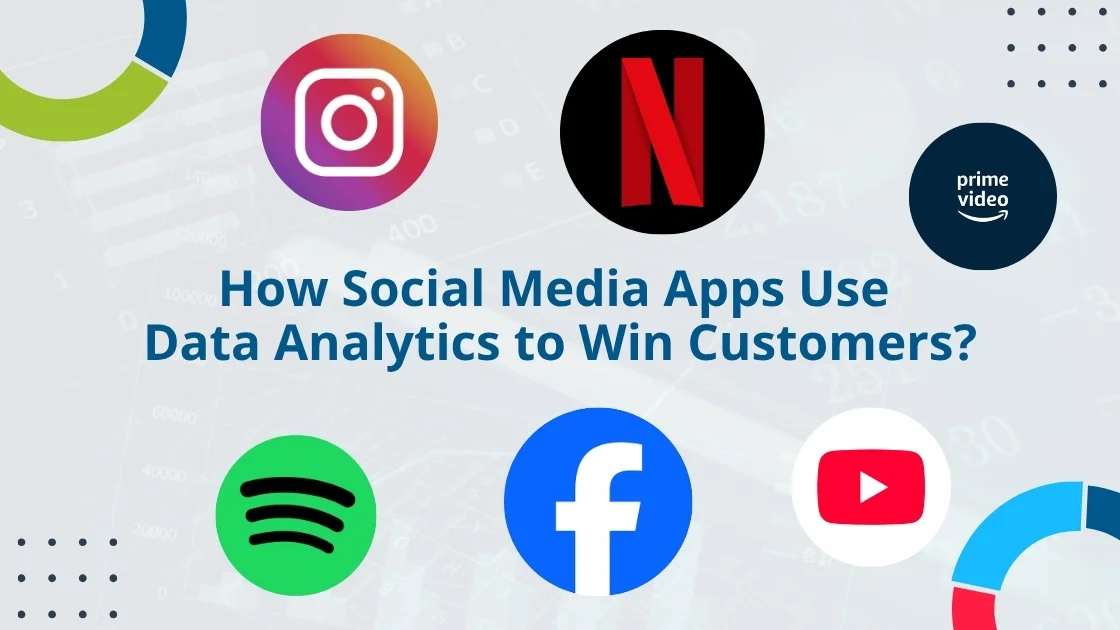When students and freshers step into the world of technology, one of the biggest questions they face is, “Which programming language should I learn first?” In 2025, the answer remains consistent—Python. Over the years, Python has established itself as the most beginner-friendly programming language, combining simplicity, versatility, and strong industry demand. For freshers exploring career paths in IT and beyond, Python offers the perfect foundation to begin their journey.
One of the biggest reasons Python stands out is its simplicity. Many beginners struggle when faced with complicated syntax or technical jargon in traditional programming languages. Python solves this problem by offering a clean, readable, and almost English-like syntax. This makes it much easier for students to focus on learning the logic of programming rather than worrying about complex rules or punctuation errors. For example, writing a simple “Hello World” program in Python requires just one line of code. Such beginner-friendly features ensure that learners can quickly build confidence without feeling overwhelmed.
However, Python is not just about ease of learning—it is also about real-world opportunities. In 2025, Python continues to be one of the most in-demand skills across industries. Whether it is data science, artificial intelligence, machine learning, or web development, Python is at the heart of modern technology. It is widely used for automation, scripting, and even cybersecurity, making it a valuable tool across multiple domains. For freshers, this translates into better career prospects, as companies across IT, finance, healthcare, and e-commerce actively seek Python-skilled professionals.
Another reason beginners love Python is the massive global community that supports it. For someone starting out, learning alone can feel intimidating. Fortunately, Python has millions of learners, professionals, and educators who actively share resources, tutorials, and guidance. There are countless free platforms, YouTube channels, and forums dedicated to Python learning. Even at the local level, cities like Noida, Delhi, Bangalore, and Pune regularly host Python workshops and hackathons, providing freshers with hands-on exposure and networking opportunities.
Python is also versatile, making it the perfect choice for those unsure about their career direction. A single language opens up multiple career paths. Students who want to enter AI can use Python libraries like TensorFlow and PyTorch. Those interested in web development can explore frameworks like Django and Flask. Python is also popular in finance for data analysis and stock predictions, while creative students use it in game development and graphic design. For freshers, this versatility means freedom—the language adapts to your interests instead of locking you into one domain.
The role of Python in emerging technologies is another reason it dominates in 2025. From powering artificial intelligence systems and smart devices to enabling robotics, blockchain, and Internet of Things (IoT) applications, Python continues to evolve with time. Beginners learning Python today are directly connecting with technologies that will define tomorrow’s world, making it a future-proof investment for their careers.
What makes Python even more appealing is its accessibility for non-technical students. Unlike many programming languages that require a strong computer science background, Python can be learned by commerce, arts, or science students with ease. A commerce student might use Python for financial analysis, while an arts graduate could apply it to digital creativity or content automation. This inclusiveness ensures that Python is not limited to tech graduates—it opens opportunities for everyone willing to learn.
Career opportunities for Python-trained freshers are abundant in 2025. Entry-level roles such as Python Developer, Data Analyst, AI Engineer, Web Developer, and Automation Engineer are in high demand. More importantly, Python provides a growth path. Once you master the basics, you can specialize in advanced fields like machine learning or data science, which are not only high-paying but also intellectually rewarding.
The popularity of Python in both academics and professional industries adds to its credibility. Many schools and universities now teach Python as the first programming language, ensuring that even students with no prior coding knowledge can pick it up easily. At the same time, tech giants like Google, Microsoft, Netflix, and NASA rely heavily on Python for their projects. This combination of educational and professional adoption assures freshers that they are learning a language that is here to stay.
Learning Python also follows a beginner-friendly path. Freshers can start with the basics—variables, loops, and functions—before gradually moving to real-world projects like calculators, websites, or chatbots. From there, they can specialize in their chosen domain, whether that’s AI, web development, or automation. Building projects and showcasing them on platforms like GitHub or LinkedIn further boosts employability and attracts recruiters.
Ultimately, choosing Python as your first language in 2025 is a smart and future-proof decision. Unlike other languages that may lose relevance, Python continues to grow with new libraries, frameworks, and applications. It is a language that evolves with technology while remaining simple enough for beginners. For students and freshers, Python is not just a programming tool—it is a gateway to multiple career opportunities, a supportive learning community, and a future-ready skillset.
So, if you are at the beginning of your coding journey and wondering which language to start with, the answer is clear. Python is not only the easiest to learn but also the most rewarding in terms of career growth and opportunities. Start your journey with Python today, and take the first step toward building a successful career in technology.
